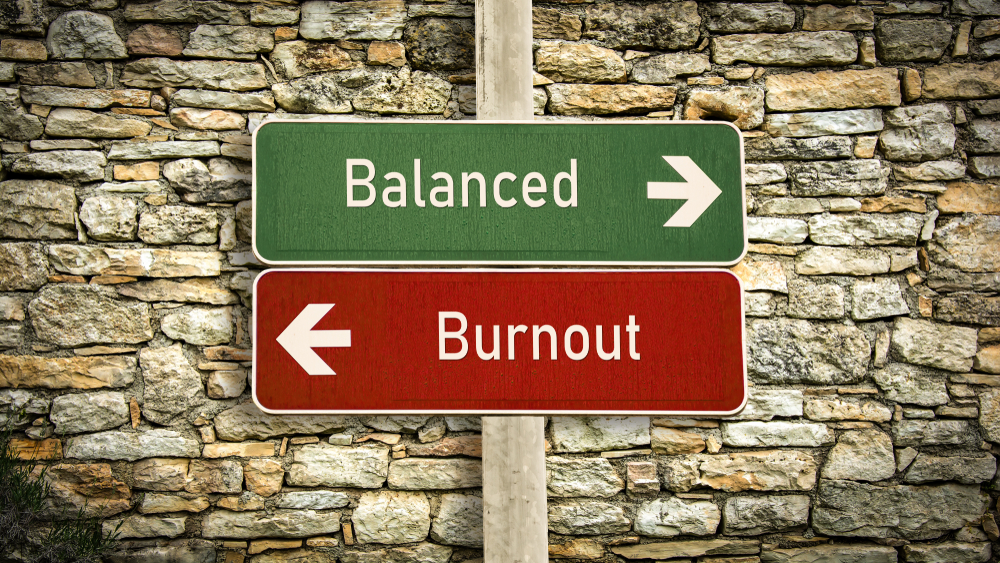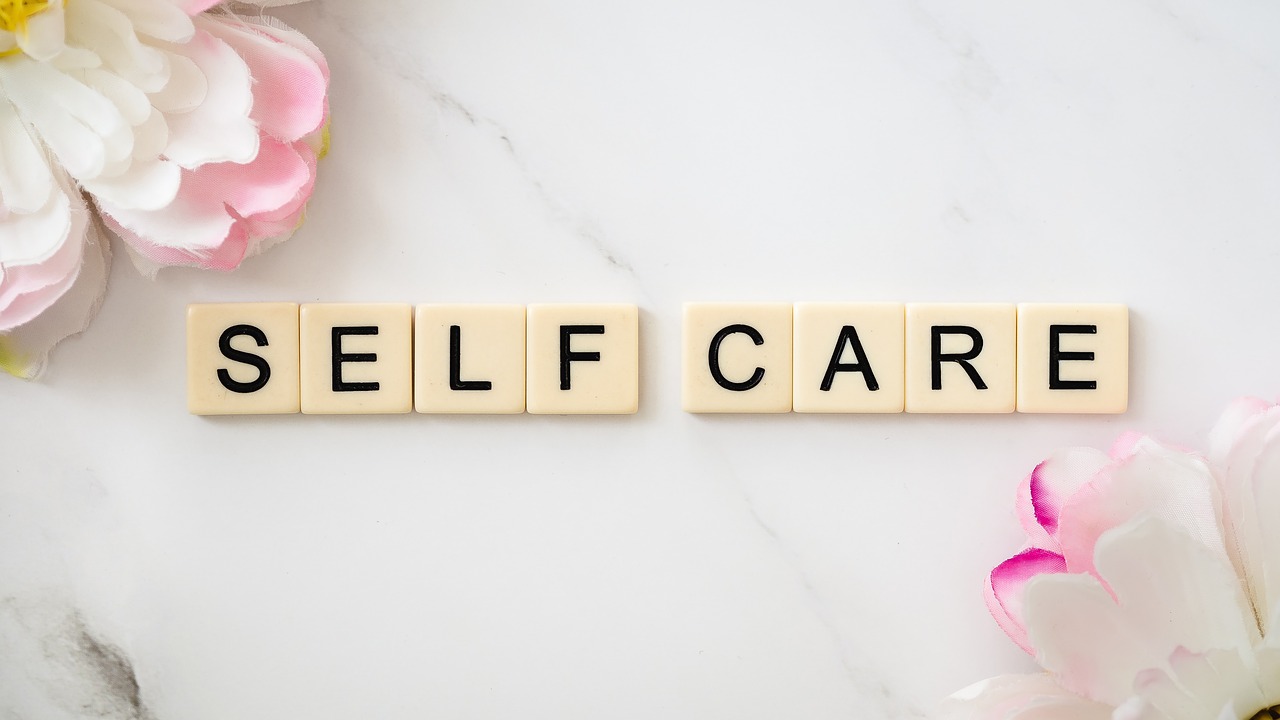
Highlighting the importance of mental health awareness
While one in five people will experience mental illness over the course of their lifetimes, everyone will face challenges that can and will affect their mental health. Observed every year on October 10, World Mental Health Day seeks to raise awareness of mental health issues and highlights efforts to support mental health.
Acknowledging the state of one’s mental health issues is important, and so is being able to seek help when you’re struggling. ACA has provided sharable graphics and resources to support counselors around the world who play a crucial role for those struggling with their mental health.
Related Articles from Counseling Today
General Public Resources from the Counseling Corner
When To Pay Attention To Those School Complaints
Do your children sometimes (or perhaps daily) complain about school? Just about every student is going to have those days when things don't go quite right. But when the frustration is frequent, and when it's more than just, "I don't like school," or, "Math is too hard," it probably is a good time to begin listening more carefully to the complaints.
Most kids find it hard to acknowledge that they're confused by their classes, or to admit that they're feeling inadequate in the classroom. Instead the complaints that both preteens and teenagers may voice often come out as, "I hate school," or, "My teacher is out to get me." Such gripes are easy to dismiss or ignore, but what may really be happening is that your child is trying to express deeper problems and that he or she is actually in need of some help.
When such complaints are fairly frequent they are often an indicator that serious school-related problems may exist, especially when they're paired with certain behaviors such as being reluctant to discuss school or suddenly exhibiting a lack of motivation or confidence. Your child may appear angry and hostile in regard to homework and studying, and may seem defensive or irritated when criticized.
When these signs are combined with declining or failing grades it's a clear signal that action is needed. If problems are ignored, they can end up affecting the child's total well-being as self-esteem declines and negative behaviors begin to increase.
First, let your child know you understand and can empathize with the difficulties he or she faces. You could talk about your own struggles in school when you were young, while also offering assistance. If your child begins to change for the better, you want to compliment cooperation and progress in order to rebuild confidence.
If you can't help with homework or studying, you might consider a qualified tutor to assist. It's also very important to talk with your child's school counselor. They've seen most problems before and may even have alternative explanations as to why your child is struggling.
School can and should be a positive and enjoyable experience for your student. When constant complaints and clear academic problems appear, it's a clear sign your child is asking for help. Taking action can help bring better academic success and a happier, better balanced child.



















